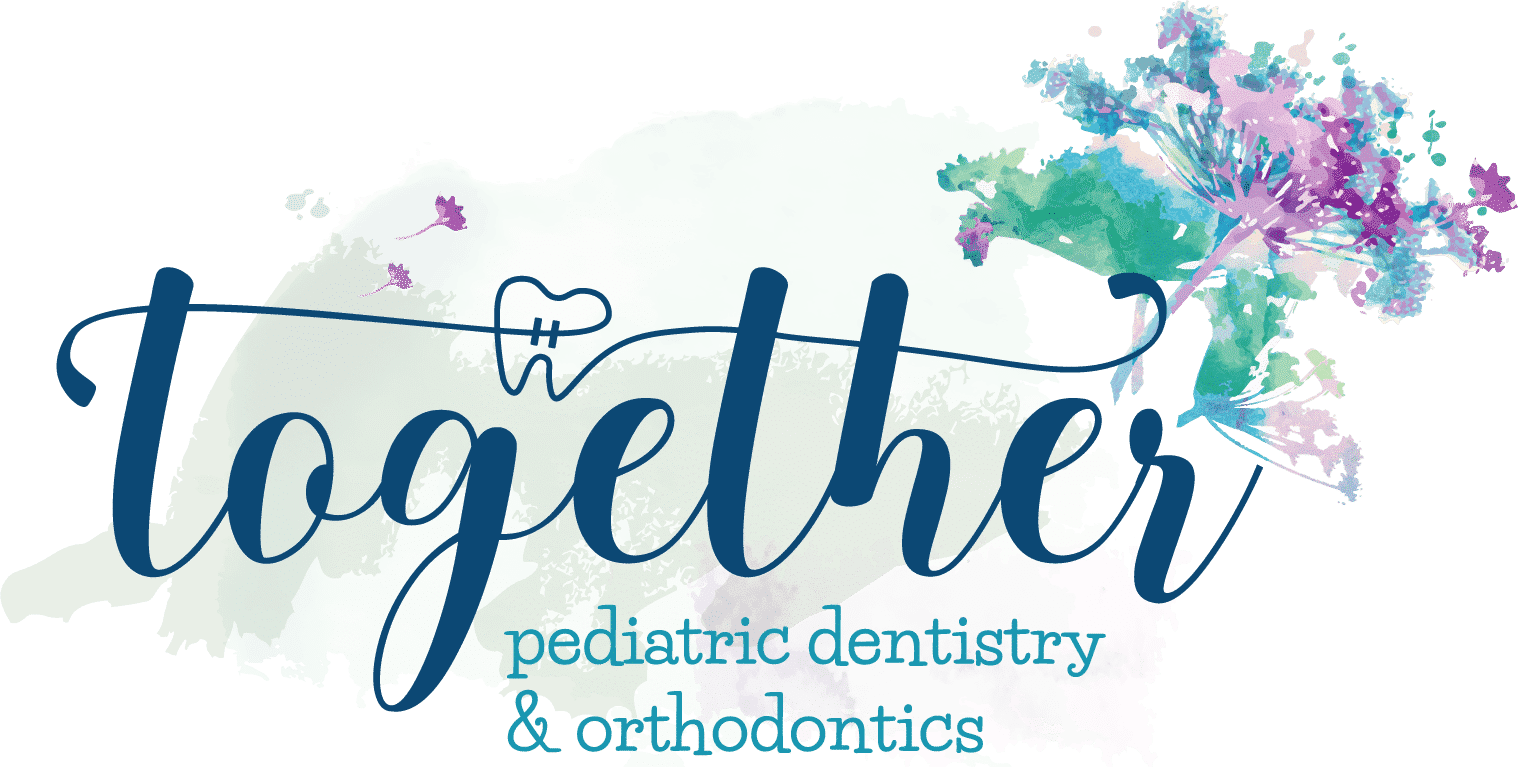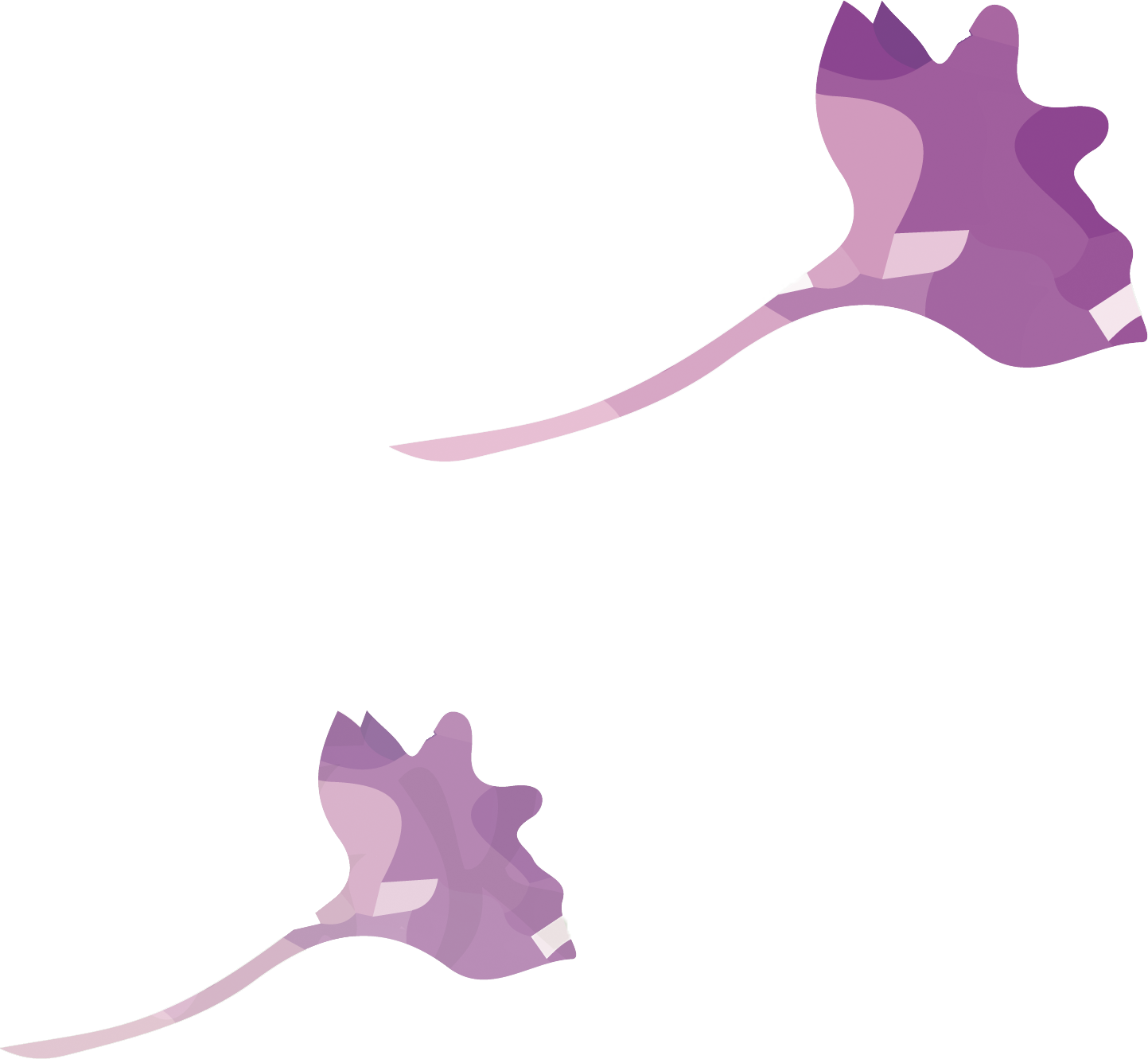New Moms and The Babies Teeth
Many parents think baby teeth aren’t important because they fall out. However, they still require the same type of care as permanent teeth. Baby teeth are crucial for chewing, speaking, and holding space for permanent teeth. As a new mom, your role is to maintain good oral health for your baby from the very beginning.
When to Expect the First Tooth
Most children develop their first tooth between six months and one year old. Teething usually begins with the bottom two front teeth, followed by the top two front teeth. Teeth continue to erupt from the front to the back until about age three.
Oral Care Starts Before the First Tooth
Your baby’s oral health journey begins even before their first tooth appears. The American Academy of Pediatric Dentistry recommends cleaning your baby’s mouth from day one.
Use:
An infant toothbrush or
A soft cloth soaked in cool, clean water
Gently wipe your baby’s gums after milk to remove bacteria and create a clean surface for new teeth.
Brushing Guidelines by Age
When it’s time to start brushing, use a soft-bristled baby toothbrush or a finger brush:
Ages 0–3: Use a smear of fluoride toothpaste
Ages 3 and up: Use a pea-sized amount
Brush after meals and before bedtime to keep your child’s teeth healthy.
Tips for Breastfeeding and Bottle Use
Breastfeeding can help promote healthy jaw development. However, prolonged breastfeeding after teeth erupt may increase the risk of cavities, so it’s important to clean your baby’s teeth afterward.
Important: DON’T SEND YOUR BABY TO BED WITH A BOTTLE.
Easing Teething Discomfort
Teething can be uncomfortable, but there are safe ways to help your baby feel better:
Offer a chilled teething ring
Gently massage their gums with a clean finger
Avoid teething gels that contain benzocaine, as these are not recommended for infants.
Pacifiers, Thumbsucking, and Their Impact
Pacifiers and thumbsucking are natural reflexes that help babies feel secure and happy. However, prolonged use can cause developmental issues such as:
Buck teeth
Protruding teeth
Improper bite can affect speech
Most children stop these habits on their own. If your child continues to suck their thumbs or fingers past the age of three, Dr. Roshi Rastegar may recommend a mouth appliance.

